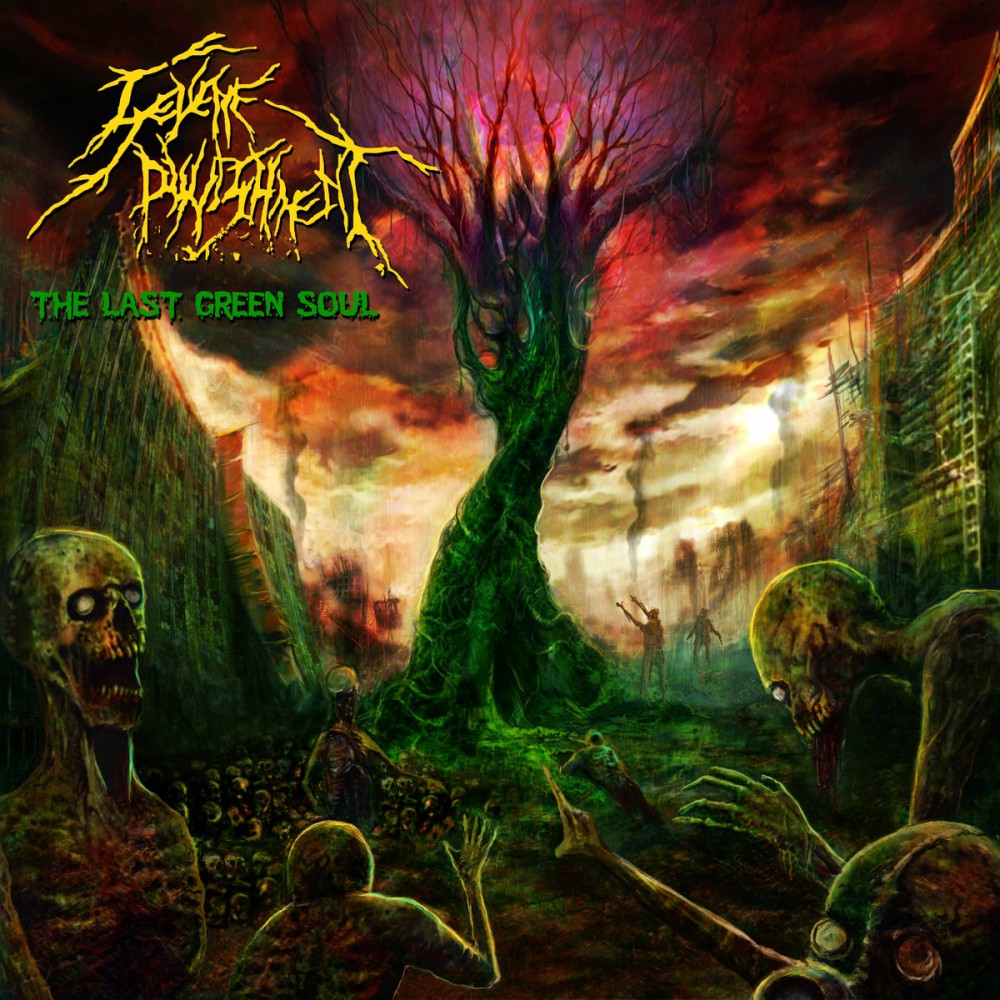
Just as it is appointed that human beings die once, and after this the judgment, so also Christ, offered once to take away the sins of many (9:27–28). We believe that Jesus died for each individual and offers eternal life to all. The Christian Scriptures witness to the uniqueness of each soul and life in this world as preparation for the life to come.

Christians live, die, and are judged, without the possibility that the life cycle begins anew and the soul takes on flesh again. The Christian understanding of our life and destiny is much different. In Buddhism one may be reborn to achieve higher levels of consciousness, eventually leading to liberation (called nirvana). One’s past moral conduct determines the quality of his or her new existence until one has cycled high enough to achieve salvation (called moksha). In Hinduism a soul takes on a new form after death, whether a higher or lower state. The way reincarnation is understood by Eastern faiths is diverse, even within a single religious tradition. The popularity of a belief in reincarnation, though not part of Christian belief, can provide an opportunity to examine God’s revelation about the afterlife compared to other beliefs about what happens to the soul after death. Though reincarnation is a tenet of several Eastern religions such as Hinduism, Buddhism, and Sikhism, one in four American Christians also indicate a belief in it. According to this belief the soul traverses through different bodies or forms, whether animal or human, until it finds liberation.Įach soul is judged and enters into the presence of God (heaven) or into God’s absence (hell). This new start is popularly called reincarnation. Humanity has often understood this just afterlife in one of two ways: Either each soul is judged and enters into the presence of God (heaven) or into God’s absence (hell) - or souls begin anew after death. Many people, including non-Christians, believe that goodness will be rewarded and evil will be punished in eternity. Though in this life bad things happen to good people, and vice versa, in the life to come, we believe, there will be a corrective. When we recall their passing, it is natural for us to wonder about questions such as: Is there life after death? What will eternal life be like? Who will be there? As we seek possible answers, we recognize that within us is a natural inclination toward justice that impacts our perspective.

We remember our deceased family and friends in November with the commemoration of All Saints and All Souls.


 0 kommentar(er)
0 kommentar(er)
